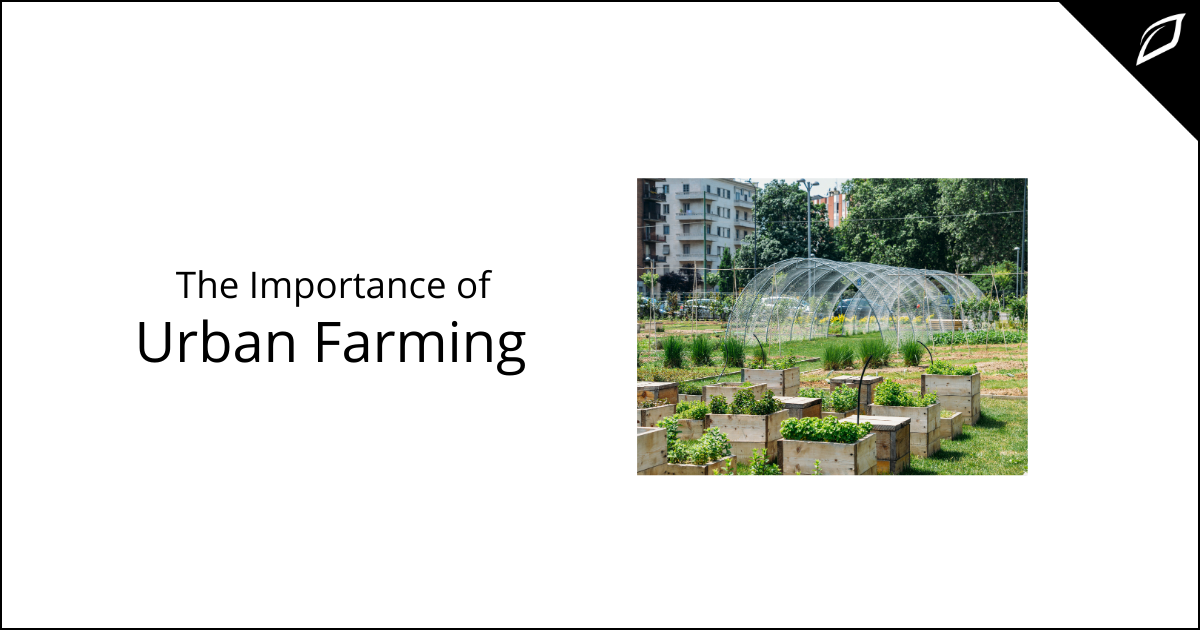City Blooming - Questions
City Blooming - Questions
Blog Article
Not known Facts About City Blooming
Table of ContentsThe Only Guide to City BloomingCity Blooming - The FactsThe Facts About City Blooming UncoveredNot known Facts About City Blooming4 Easy Facts About City Blooming Shown
Nature has incredible impacts on our physical and mental well-being, so it's not a surprise that an easy delicious on a desktop computer or some potted herbs on a windowsill can instantly enhance a room. Take those plants a step additionally, and you'll go across into the area of metropolitan horticulture, which brings much more advantages to people and communities alike.What Are Urban Gardens?Urban gardening, sometimes referred to ascity gardening, is defined as "the process of cultivating eco-friendly areas in urban setups. "It incorporates a selection of tasks from city farming to outdoor patio yards to area yards - eco-friendly practices. Urban yards can be had a tendency by individuals, groups, companies, or companies. The quantity and variety of food expanded can differ commonly, as well as the size of the job itself, however metropolitan horticulture initiatives are all rooted in a city setup.
Whether they include a collection of pots on a veranda or a collection of plots on a vacant whole lot, these gardens give greater than food, using a host of environmental, financial, and social benefits. Since fruit and vegetables is grown in neighborhood setups rather than far-away farms, urban horticulture decreases transportation requirements, for that reason lowering carbon exhausts.
City Blooming Can Be Fun For Anyone
Sustainable and natural farming gets rid of or reduces much of the ecological damage that would certainly be incurred by commercial farming methods. Eco-friendly rooms in cities help minimize the city warm island effect. Urban agriculture boosts neighborhood economic climates and supports neighborhood food producers. Community horticulture projects commonly provide food at little or no charge, which aids bolster food spending plans and raise food protection. Urban gardens can be tools of social modification that address injustices, systemic bigotry, and area growth issues. Right here at Cravings For Modification, we use food as a tool to develop health, riches, and social modification in North Minneapolis. We bring people together to learn, prepare, consume, and expand food, developing adjustment that lasts.
Browse our shop, think about volunteering, or donate today to support our incredible impact in North Minneapolis! Together, we can create well-rooted and prospering adjustment!.

The main lesson we, as soon as again, need to find out is that cities are not divorced from nature. https://www.kickstarter.com/profile/cityblooming/about. While these fields of research advertise cities as useful, no city is perfect not also close, and the vulnerabilities and affiliations of the international supply chain has impacted all of us in unanticipated methods.
All About City Blooming
I will take a look at designs from the past that promoted metropolitan gardens and gardeners, and show what worked and what did not. I will discuss the possibilities and challenges of being an urban gardener, what is needed to establish up a yard of your own, and what legislations and requirements stand in the means of making click to investigate cities better at promoting city yards.
The quantity of time squandered getting to and from conventional workplaces has actually been well documented. The built up adverse impacts of pollution and stress and anxiety that result from travelling alone by car as the majority of Americans do are considerable.
The capability to come to the workplace for partnership and society, and remain home for concentrated work is a concept that conserves time, is better for the environment and is a smarter usage of limited resources. What hasn't yet taken hold is the link between these modifications in behaviors and exactly how cities can respond.
The Best Strategy To Use For City Blooming
What are the wellness influences of our cities unexpectedly overdesigned for cars? How can our city facilities (roads, energies) perform better, not only as channels to relocate individuals and items, yet as factors to all-natural systems? Urban phenomena such as smog, poor water high quality and the 'warm island effect' can be minimized by greening our roads, electrifying our cars and planting our car parking lots.
In a current short article in the Wall Road Journal, Richard Florida went over the phenomenon of 'zoom cities,' which attract remote employees by producing a picture of a better of life (container and raised bed gardening etc.). He wrote: "For cities, remote work alters the focus from enticing companies with unique deals to tempting talent with solutions and amenities
Urban horticulture currently has lots of alternatives to aid you grow food wherever you have room, such as with container horticulture, hydroponic horticulture, and rooftop horticulture. This indicates you can manage the location where you grow the food, and stress less about ecological conditions like drought or winter. You can pick what you wish to grow, exactly how you intend to expand it, and where you wish to expand.
City Blooming for Dummies
Growing mass-produced food with conventional farming techniques takes a lot out of the world. Beyond the lots of sources that are made use of on the ranch, the food then has to be delivered where it is expanded to a shop near you. That needs burning a great deal of fuel. Typically in the U.S., food is now moved in between 1,500 and 2,500 miles to get to the customer.

Report this page